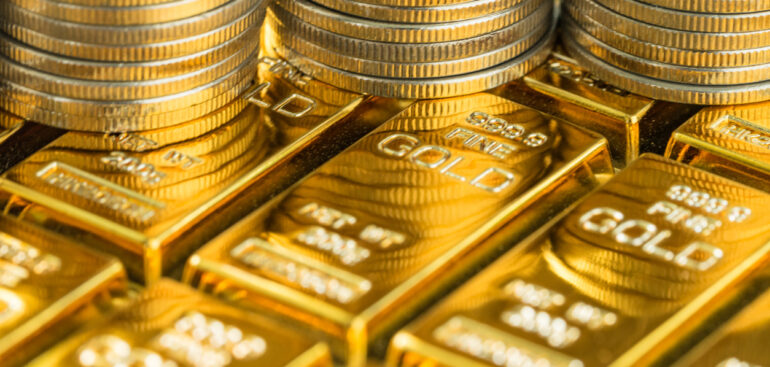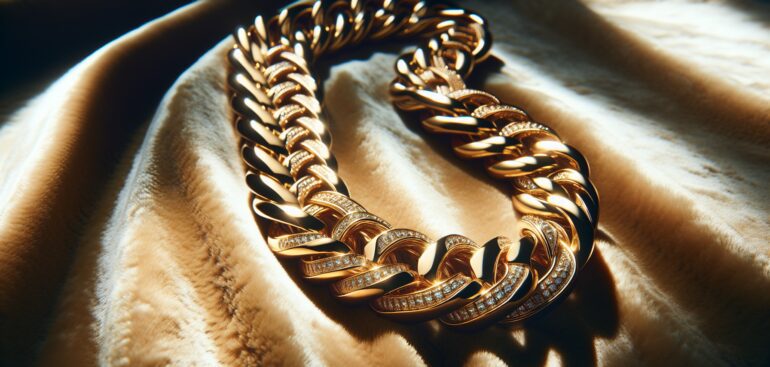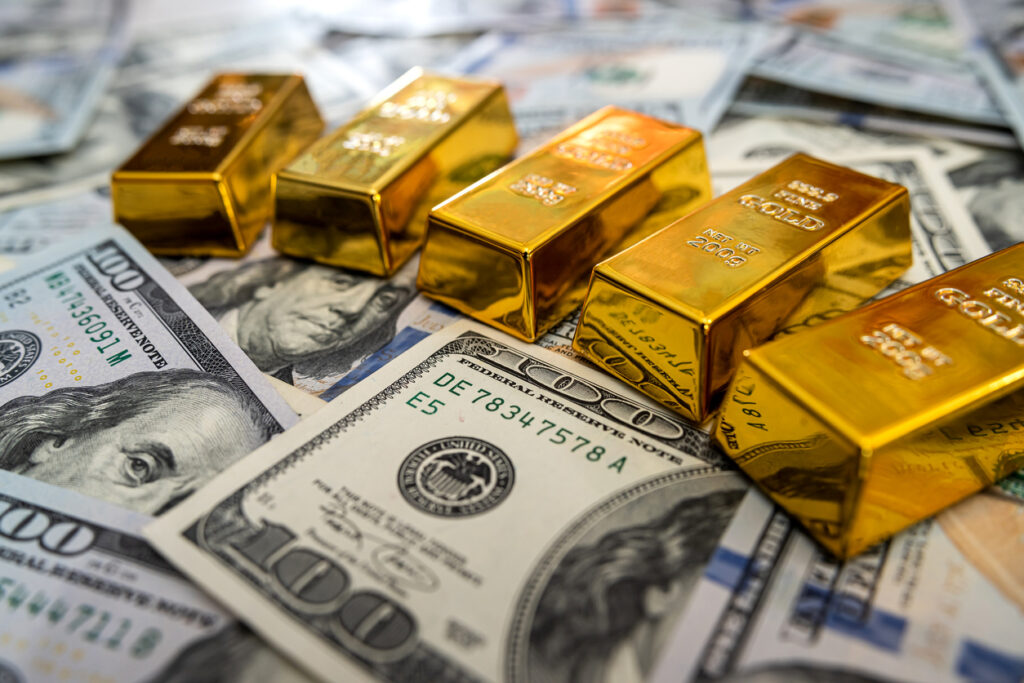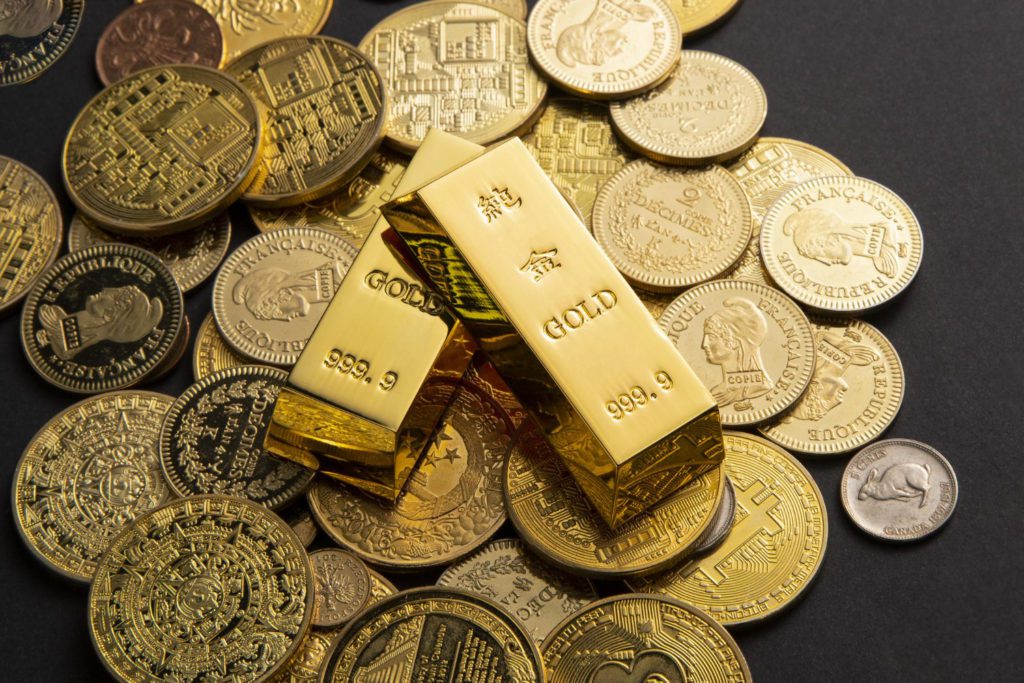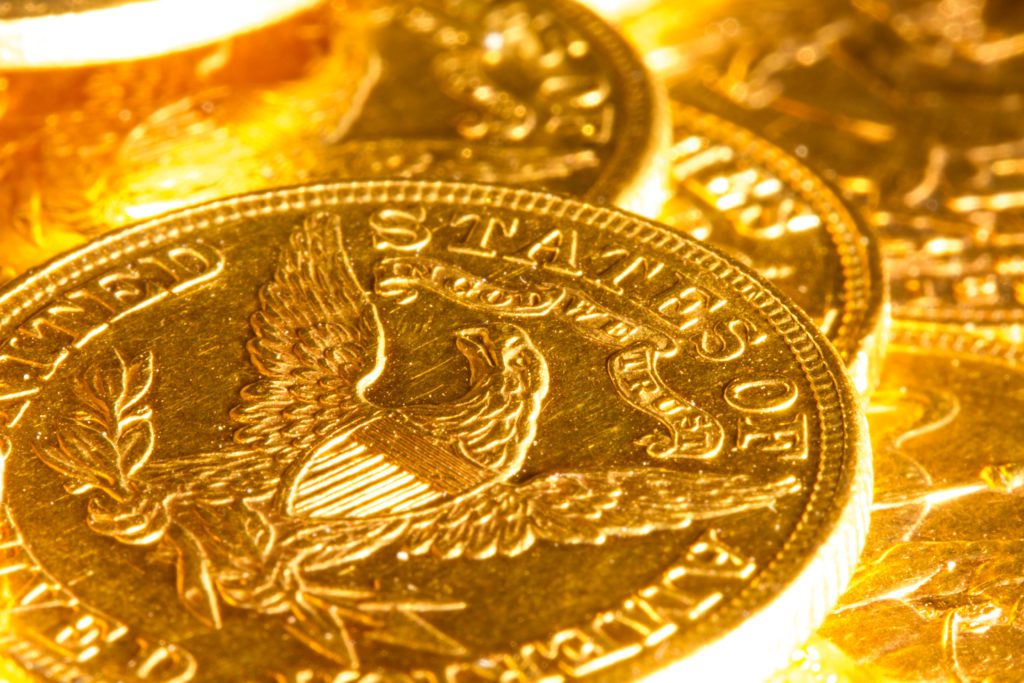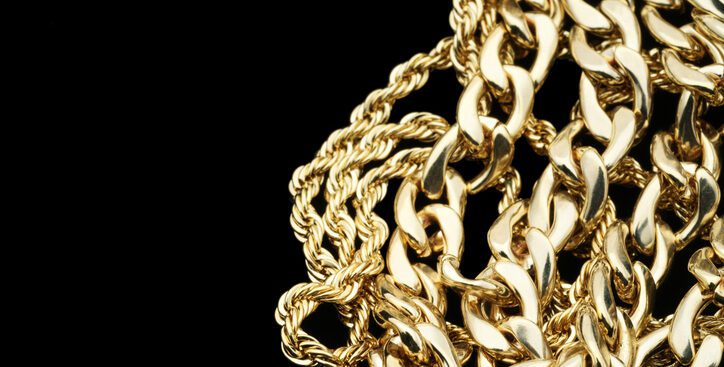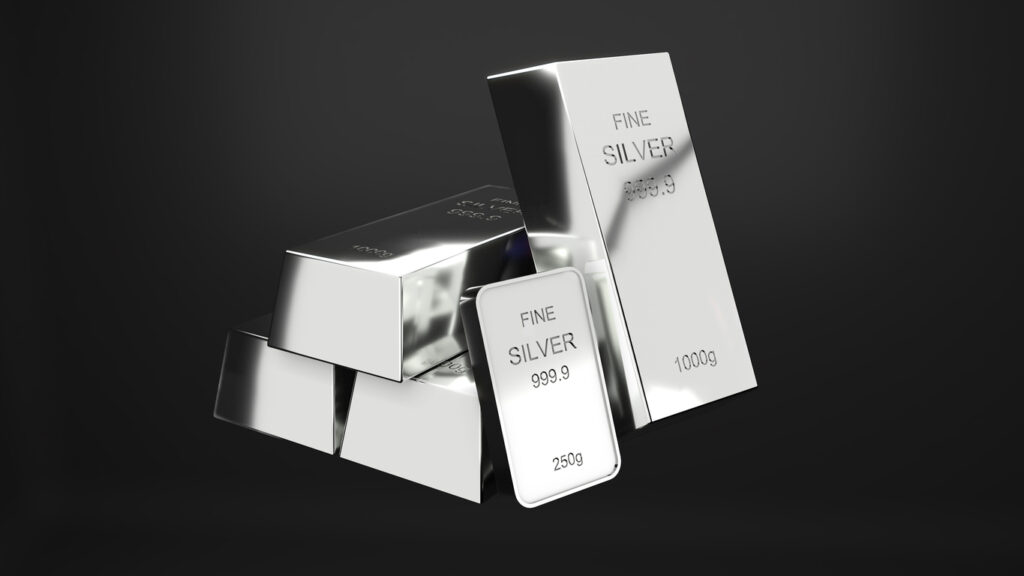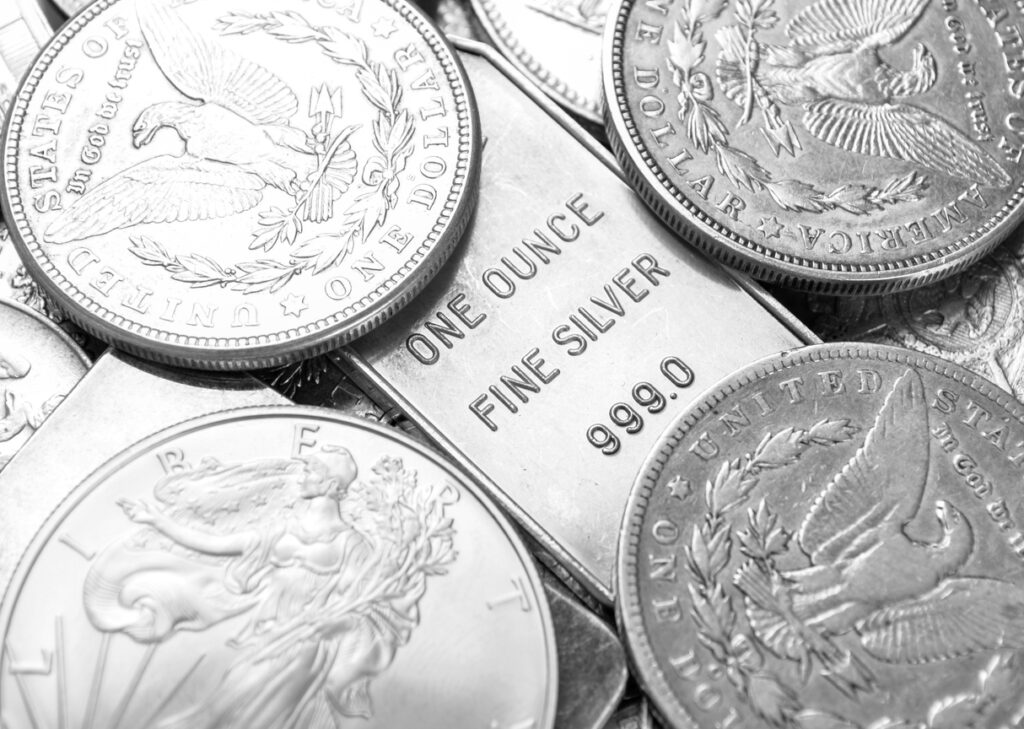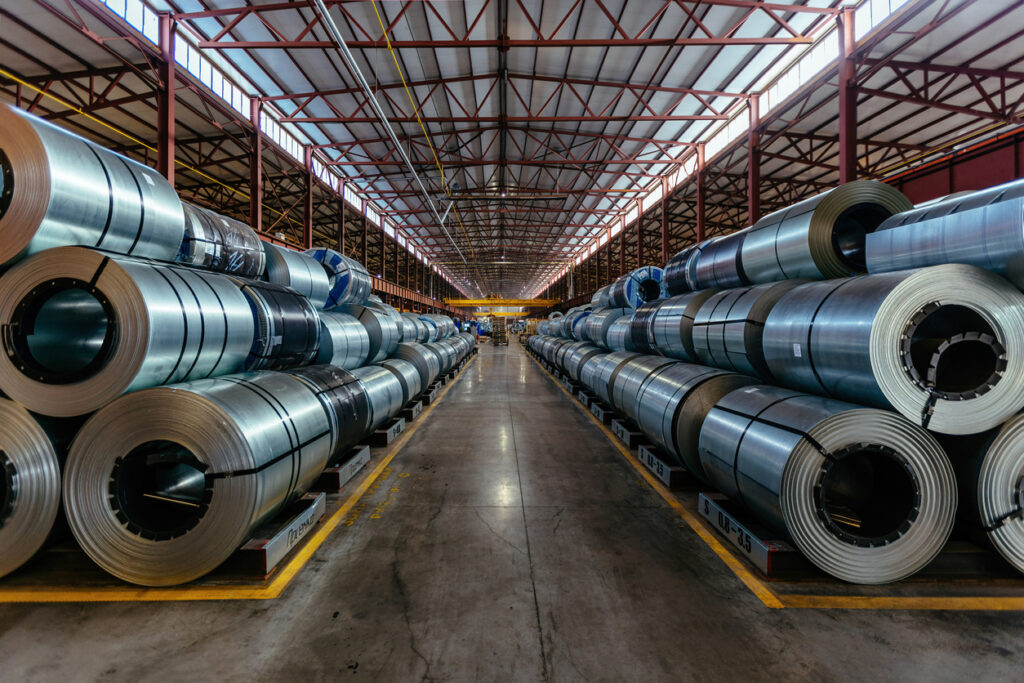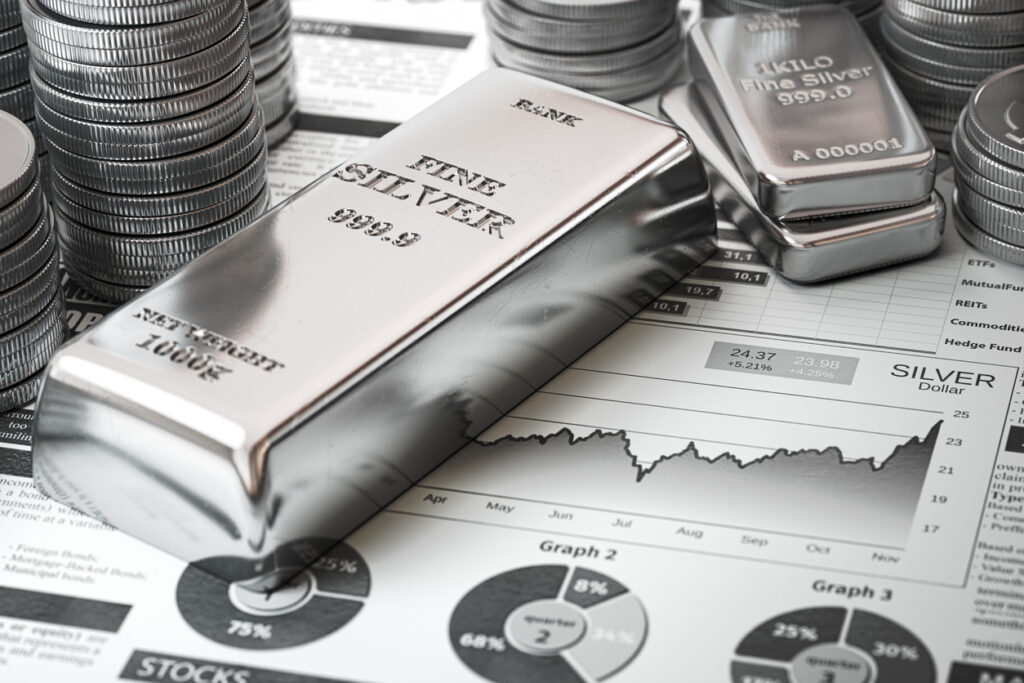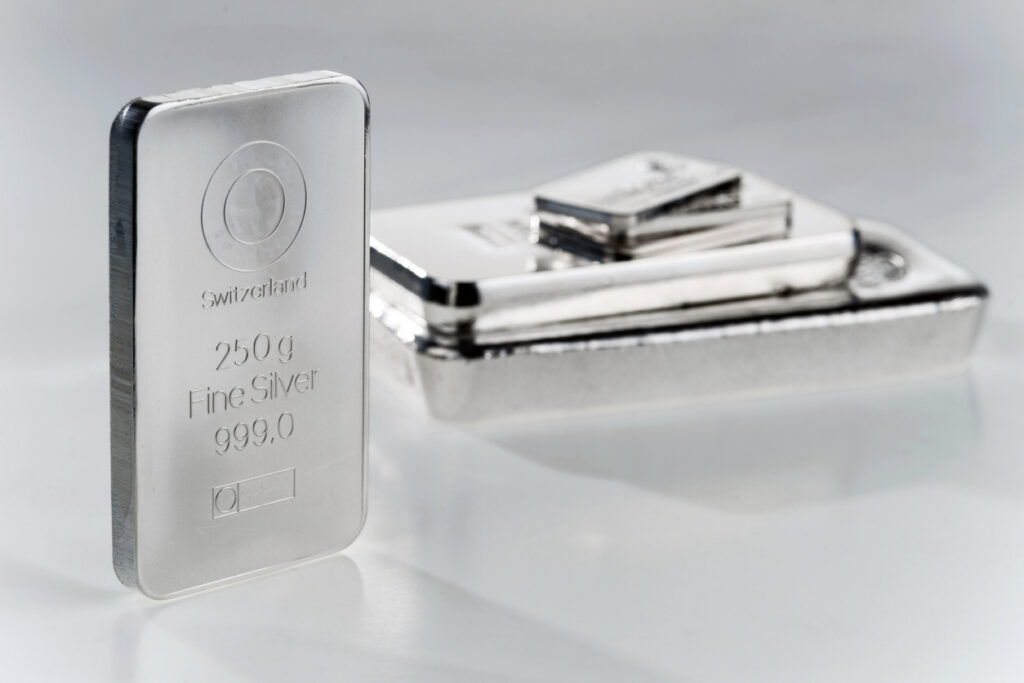When you think of R&J Jewelry and Loan in San Jose, your first thought might be “the best place to sell gold.” And while that’s absolutely true, it’s only part of the story.
For more than 45 years, R&J Jewelry and Loan has built a reputation not just as a trusted gold buyer, but as San Jose’s destination for luxury, value, and opportunity. Whether you’re buying a timeless engagement ring, pawning a designer watch, or investing in collectible bullion, R&J has something special for everyone.
Let’s explore what comes next after selling your gold — and how R&J can continue to help you make smart, meaningful choices with your jewelry and valuables.
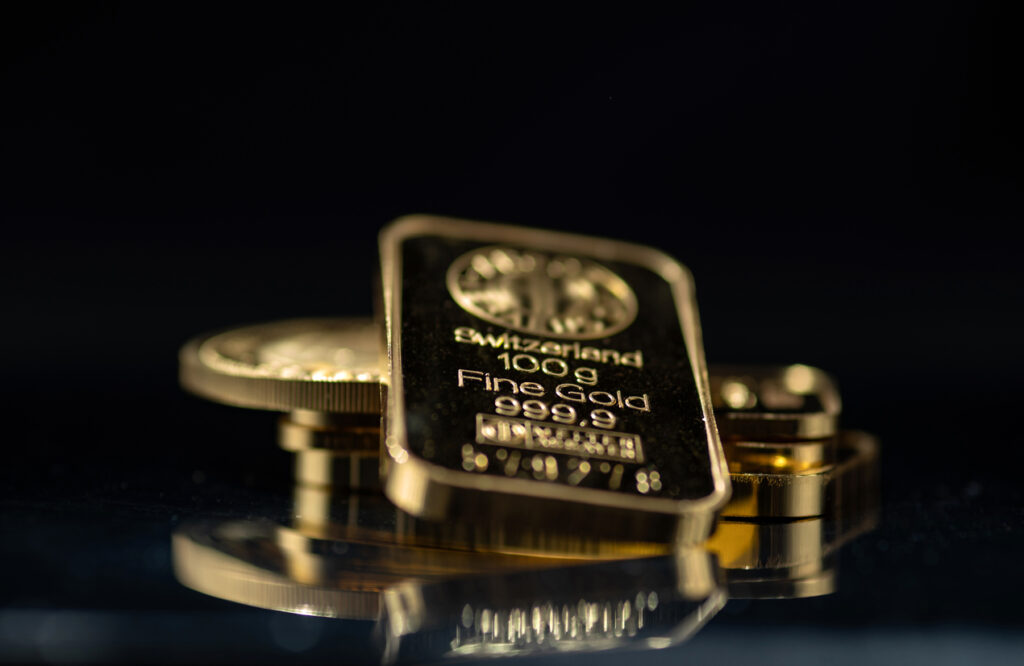
2. Beyond Gold: What You Can Buy and Pawn at R&J Jewelry and Loan
R&J’s expertise goes far beyond gold chains and rings. Here’s a look at some of the high-value items you’ll find in our store — whether you’re shopping, selling, or pawning.
Fine Jewelry
From classic diamond studs to modern gemstone bracelets, R&J carries a diverse inventory of fine jewelry at exceptional prices. Every piece is carefully inspected and authenticated by experts, so you can shop with confidence.
Looking for a gift or an engagement ring? You can find certified diamond jewelry for a fraction of retail cost. And if you have a custom vision, our team can help you find a piece that matches your taste and budget perfectly.
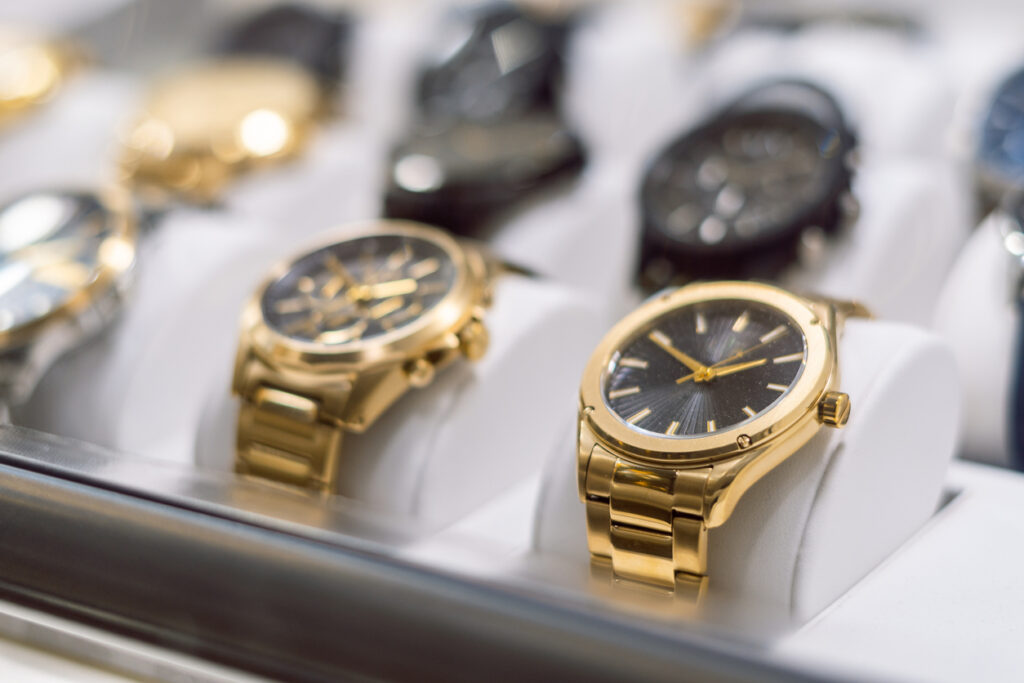
Luxury Watches
Brands like Rolex, Cartier, Omega, and Breitling have long represented success and craftsmanship. At R & J Jewelry and Loan, we buy, sell, and pawn luxury timepieces daily — ensuring each watch is authenticated and serviced for accuracy.
Many customers trade in older models to upgrade to something new. Others use their watches as collateral for a pawn loan, unlocking quick cash while keeping ownership intact. It’s a simple, secure way to manage short-term financial needs without giving up something meaningful.
Designer & Estate Jewelry
Estate pieces tell stories. From antique Victorian pendants to vintage Art Deco engagement rings, R&J’s estate jewelry collection brings history and artistry together.
Selling estate jewelry through R&J means your pieces are handled with care, evaluated accurately, and appreciated for more than just their weight in gold. Many customers find that vintage or branded items (like Tiffany & Co., David Yurman, or Cartier) fetch premium offers compared to melt value alone.
Coins, Bullion & Collectibles
For many investors in San Jose, physical gold and silver remain a safe, tangible store of wealth. R&J Jewelry and Loan buys and sells gold coins, silver rounds, platinum bars, and collectible numismatic items.
If you’re thinking about diversifying your assets, R&J can help you understand the difference between bullion for investment and collectible coins with historical significance — and guide you toward the best option for your goals.
3. The Pawn Loan Advantage: Cash Without the Commitment to Sell
Sometimes, selling isn’t the right choice. That’s where R&J Jewelry and Loan’s pawn loan option comes in.
A pawn loan allows you to borrow against the value of your jewelry, watch, or other item — without selling it outright. Your items are safely stored until you repay the loan, and once it’s paid off, you get everything back.
Here’s why so many customers in San Jose choose pawn loans:
No credit checks or reporting
Fast approval — often in minutes
Confidential and secure transactions
Flexible repayment terms
Whether you need short-term cash to cover bills, travel expenses, or an unexpected opportunity, R&J provides a straightforward solution rooted in trust and transparency.
4. Trust, Transparency, and Tradition: The R&J Difference
Every pawn shop has items to buy and sell — but not every pawn shop offers decades of experience, on-site gemologists, and fair testing practices.
At R&J Jewelry and Loan, our values are simple:
Integrity – You’ll always know exactly what your item is worth and why.
Transparency – Every appraisal happens in front of you.
Community – We’ve served San Jose families since 1978, building lifelong relationships.
Our customers come from all walks of life — tech professionals, collectors, artists, and everyday families — and they all value one thing: trust. Whether you’re bringing in a $200 gold bracelet or a $20,000 diamond ring, you’ll receive the same care, accuracy, and respect.
5. How to Get the Most Value for Your Jewelry and Watches
Whether you plan to sell, buy, or pawn, these tips from our experts can help you make the most informed decision.
Do Your Research
Before visiting any jewelry buyer, get a general idea of your item’s market value. Knowing the brand, karat weight, and condition helps you understand your potential offer.
Bring Documentation
If you have original receipts, certificates, or boxes (especially for watches and designer jewelry), bring them! These can increase your item’s resale value significantly.
Keep an Open Mind
Sometimes, an item may be worth more as a collectible than for its gold weight alone. Our gemologists and luxury experts will always explain your best options, whether that’s selling outright, pawning, or keeping it as an heirloom.
Choose a Reputable Buyer
Your valuables deserve expertise and honesty. R&J Jewelry and Loan’s combination of gemology training, fair market evaluation, and long-standing local reputation make them a trusted choice for anyone in Silicon Valley.
6. A Sustainable Way to Shop and Sell
Buying and selling pre-owned jewelry is not just financially smart — it’s eco-friendly. When you purchase or repurpose a fine jewelry piece, you’re reducing the environmental footprint of mining and manufacturing new materials.
R&J Jewelry and Loan believes in sustainable luxury — giving beautiful items a second life while helping customers find something meaningful at a fair price. It’s a win for your wallet and for the planet.
7. Community, Craftsmanship, and Continuity: The Heart of R&J
At the heart of every transaction is a relationship.
Over the decades, R&J has helped generations of families — from newlyweds buying their first diamond ring to collectors expanding their portfolios. Customers often share stories of how a small sale or pawn loan at R&J helped them through a tough season or made a dream possible.
That’s why R&J Jewelry and Loan isn’t just a pawn shop. It’s a trusted part of San Jose’s story, where expertise meets empathy and every customer is treated like family.

8. What’s Next: Visit or Contact R&J Jewelry and Loan Today
Whether you’re ready to sell your gold, explore fine jewelry, or get a pawn loan, R&J Jewelry and Loan is here to help you every step of the way.
You’ll find:
Expert appraisals and same-day offers
Gemologists on-site
A curated inventory of fine jewelry, watches, and collectibles
Secure and confidential pawn loans
Friendly service from a local team that cares
📍 Visit us at:
R&J Jewelry and Loan
💎 14 S. 1st Street, San Jose, CA
📞 (408) 298-7777
🌐 www.randjjewelry.com
Final Thoughts
If your last visit to R&J Jewelry and Loan was about selling your gold, make your next one about discovering what’s possible next. From investment-worthy watches to meaningful heirlooms, there’s always something valuable waiting — whether in your jewelry box or right inside the showroom.
R&J Jewelry and Loan continues to set the standard for trust, transparency, and expertise in San Jose. Whatever your financial goals or jewelry dreams, R&J is ready to help you make them shine.
